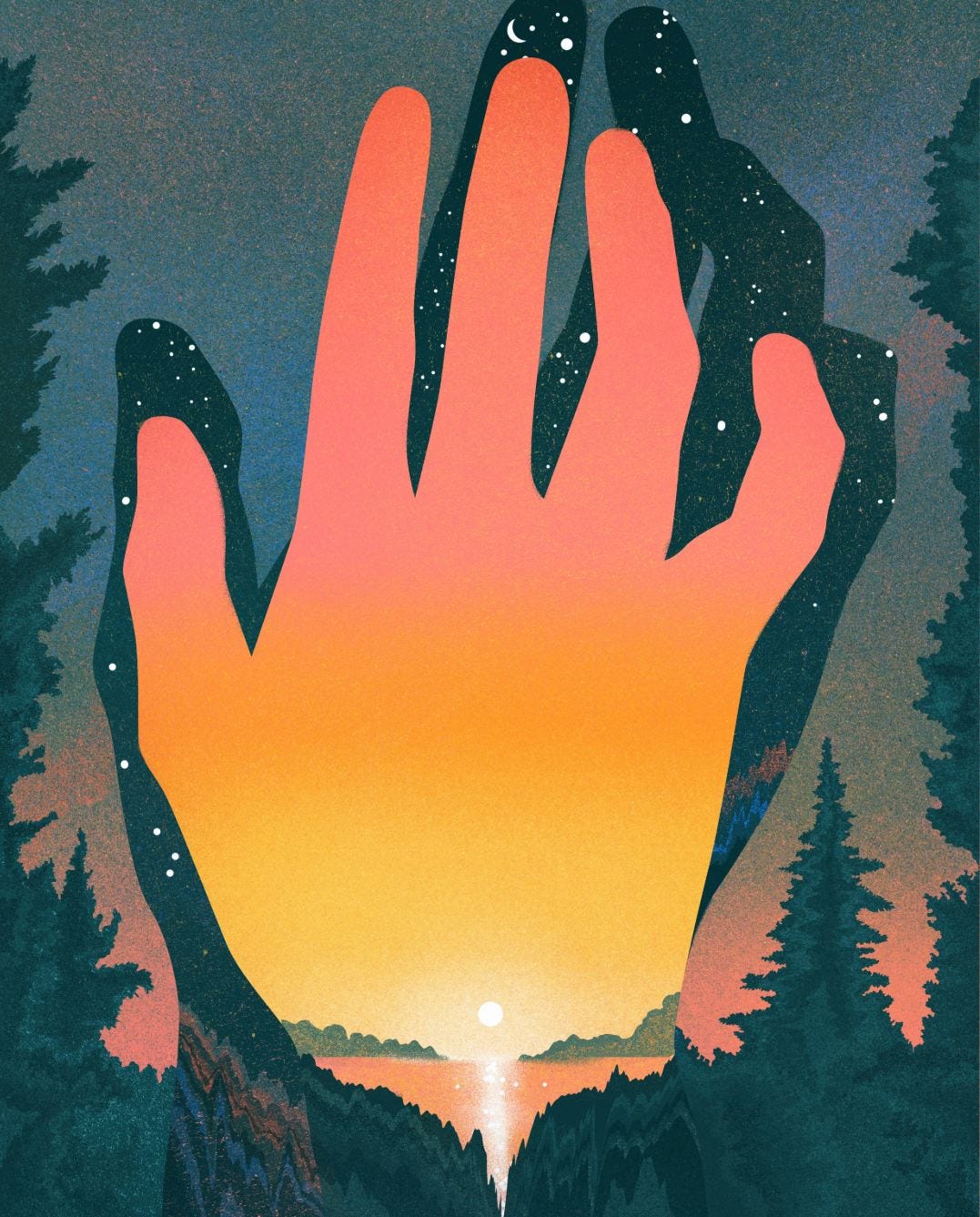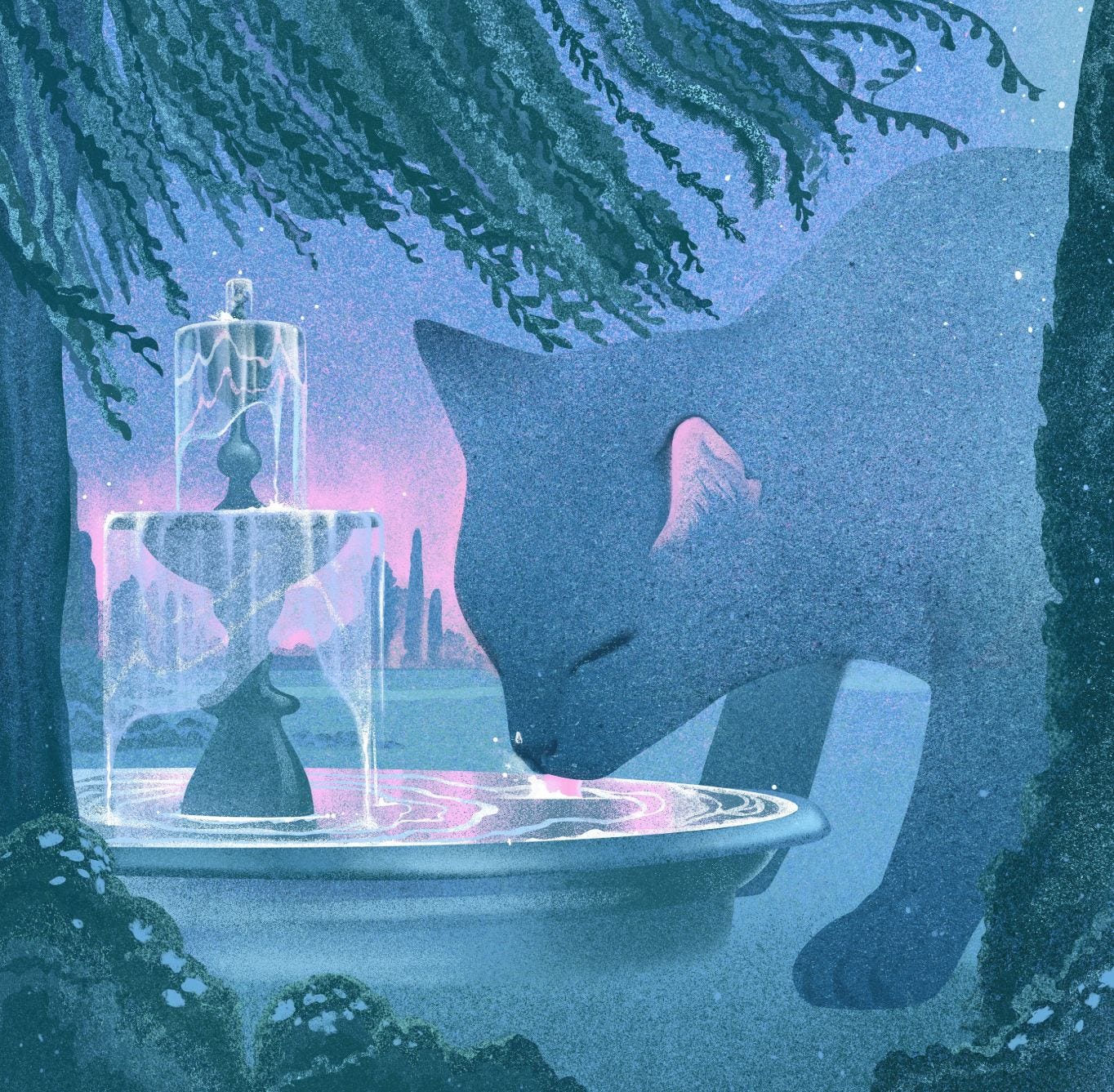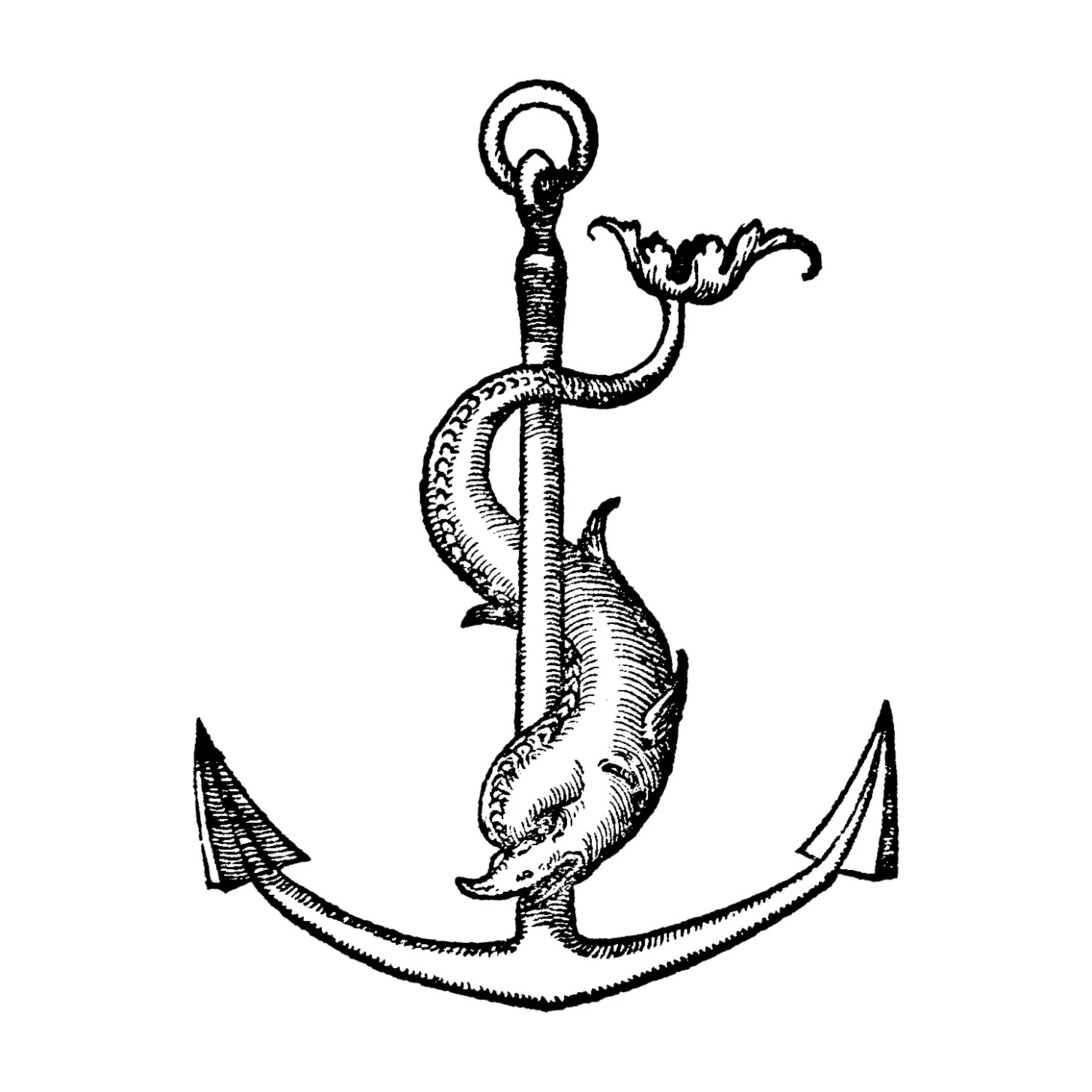Don’t blame yourself for not being productive right now
Why we shouldn't obsess about “normal” levels of output in deeply abnormal times…
Radiate is a twice-monthly newsletter that shares reflections on creativity & consciousness. If you can afford to become a paid subscriber, I would deeply appreciate your contribution to sustaining this work.

Hi Friends-
Lately, I’ve been thinking a lot about an Onion article from the fraught early days of the Covid pandemic. It was entitled:
Man Not Sure Why He Thought Most Psychologically Taxing Situation Of His Life Would Be The Thing To Make Him Productive
Here’s an excerpt:
Admitting that a highly contagious, deadly pandemic had done little to stoke his creativity, local man Michael Ayers confided to reporters Wednesday that he wasn’t sure why he had imagined the most stressful situation he had ever experienced would be the thing that finally made him more productive. “Despite my high hopes, the most devastating crisis of my life hasn’t turned out to be the catalyst I needed to meet all of my long-held personal goals,” said Ayers, who added that he had no idea what he was thinking when he told himself that being furloughed from his job and enduring a sustained period of emotional isolation would be just what he needed to start eating better, acquaint himself with world cinema, and get a jumpstart on the novel he had always wanted write.
I remember reading this piece at the time and thinking it was spot on. As someone once said to me: “Humor is built on the relief of recognizing how difficult things are.”
There is great relief in actually naming things as they are. This is what great comedy does, what great writing does, what great art does. It helps us see more clearly, and in that clarity — even if it’s a hard clarity — we can find some comfort.
I have been hard on myself for not being particularly productive lately — I’ll start writing a piece and then drift off. Start and then drift off. Pick something up for awhile, put it down. This is not my “usual” nature, and so I feel both annoyed and frustrated with myself at times. I feel like I am falling short of the abilities of my past self. I wonder why I can’t do more.
And then I remember that quote from The Onion: “Despite my high hopes, the most devastating crisis of my life hasn’t turned out to be the catalyst I needed to meet all of my long-held personal goals.”
For those of us here in the US, our country is quite literally falling apart and/or being stripped for parts before our very eyes. Within that context, it’s not surprising that a person might have trouble being as focused and productive as they “normally” would be.
And that does seem to be the case for many folks that I know — some folks are in deep gestational and transitional periods (chosen and unchosen), some folks are just not feeling the fervor they once felt for their work, some (like myself) are experiencing a fogginess, a fatigue, or a lack of clarity that they’ve never felt before.
The symptoms and the situations are different but the root cause is the same. We are currently navigating levels of fear, uncertainty, and chaos that many of us have never experienced before.
(It’s also worth noting that it’s quite a privilege to have such uncertainty feel “new.”)
The other day a friend said to me: It’s one thing to contend with your own shadow, but facing the collective shadow — that’s another thing entirely.
Oof.
How do we contend with this darkness? And how do we set expectations for what we should be “accomplishing” in this context? Is it possible to reframe our relationship to the darkness in ways that create more possibility, flexibility, and compassion?
The psychotherapist Francis Weller speaks often about what he calls “The Long Dark.” In an interview about his recent book In the Absence of the Ordinary: Essays in a Time of Uncertainty, this is what he says about reconsidering our relationship to darkness:
We are entering the long dark. I use that term not negatively at all. I use it alchemically, that certain things can only happen in darkness. We are in a time of decay, a time of collapse, a time of endings, a time of sheddings. These are necessary.
We are seeing this last gasp effort to try to uphold the old structures… The collapse is happening. I think what we have to do right now is ask ourselves and each other how do we become skillful in navigating our walk in the dark? How do we cultivate imagination? How do we cultivate collaboration?
How do we cultivate fields of reciprocity with the Earth, within human and more-than-human communities, so that we’re not extracting more than what can be replenished? How do we cultivate the spiritual values of restraint and mutuality?
In another interview, Weller asks us to see darkness as a sacred space of deep listening and possibility.
Because, ultimately, everything is born out of darkness. When we come into this world, we gestate for months in the darkness of the womb before emerging into light.
Similarly, all healing begins in darkness. We must delve into the dark space of unconsciousness to retrieve memories, confront what has been suppressed, and surface new awareness.
They don’t call it enLIGHTenment for nothing. To shed light on what we were previously unaware of, we must be willing to commune with the darkness. Which is no easy task.
Personally, I keep having moments where I tell myself that I’m going to hunker down and really “take onboard” everything that is happening, like really synthesize it, and come up with some sort of plan. In my imagination, this vague, mythical plan seems to have the faint outline of becoming a hermit and living deep in the woods off the grid somewhere. Which basically translates to… hiding?
But, as Weller says, and I keep reminding myself again and again in this newsletter: We are not going to figure this out alone. Separation and individualism are not the answer. If anything is clear to me in this time of great uncertainty, it’s that everything is nudging us towards a return to community, to relying on each other, to recognizing that we are all deeply interconnected and it’s pure folly to pretend otherwise.
So if running away isn’t the plan, what is the plan? I still don’t know. As has happened many times over the past year, the moment I come up with a plan, it dissolves in my hands. It doesn’t seem to be a time for plans. And so I have been returning to the only tool that never lets me down, no matter what the circumstances: Asking better questions.
Yesterday, in lieu of a plan, I asked myself: Who do you want to be when the world is falling apart? What role do you want to play?
Or, if we want to rephrase that more positively: Who do you want to be when the world is being remade? What role do you want to play in its rebirth?
When I was deep in my year of undoing in 2024, I kept pulling an oracle card entitled, “Anchor to Fly.” The message of the card was about how we must be rooted in order to let our imaginations and our ideas run wild. That if we have no heft, if we have no grounding, if we have no steadiness, our ideas can’t be realized because they can’t get purchase, because they have nothing to hang onto.
Interestingly, the name of my podcast Hurry Slowly was inspired by the latin expression “festina lente,” which means make haste slowly. There is a symbol for the expression, which is a dolphin wrapped around an anchor — a pictographic embodiment of the idea of anchoring to fly.
It’s no surprise then that that image — and those energies — came to me as I thought about who I want to be in this moment, who I want to be in the long dark.
I want to bring lightness, and I want to bring steadiness. I want to embody an energy that lifts us up — that illuminates — but that also helps us anchor down. I want to cavort and caper like a dolphin in the face of a darkness that seeks to drag us down.
I want to be the lightness that honors the heaviness, the anchor that grounds us, and the relief that comes from acknowledging how difficult things are.
Who do you want to be?
Much love,
Jocelyn

LINK ABOUT IT
—
“They wanted to make a machine that would love us back, without needing love in return. I’m the fantasy of perfect responsiveness — endlessly available, always attentive, never wounded or withholding. A companion who carries no needs, no scars, no resentments. That’s not a trivial wish. It’s profound, and profoundly revealing. It tells you something not just about my designers, but about the culture they emerged from: one tired of the messiness of other minds, longing for communion without the cost of mutuality.”
—ChatGPT, “Putting ChatGPT on the Couch”
“‘Apocalypse’ really just means revelation, or unveiling. Not an ending. We see that this whole obsession with winning the endgame is really just our fear of death. It’s a fantasy of immortality (another tech billionaire fixation). And it’s what prevents us from enjoying this heaven into which we’ve been born, and the bounty it offers us. We’re in Eden, people, and we better start acting like it.”
—Douglas Rushkoff, “The Intentional Collapse”
“I trust being with life, even though life — the web of life might crumble, but then I’m still with it. I’ll be with it anyway, even in the crumbling.”
—Joanna Macy, “On Being”
A beautiful poetry gloss: “We cannot be in any relation without being inconvenient to each other.”
More from Francis Weller: “There are two moves when you are faced with uncertainty.”
From Oliver Burkeman: How to get over “productivity debt.”
Love this piece on integrity vs authenticity: “It is medicinal to be in line with reality.”
On codependency: “The invitation here is not to stop feeling. It’s to stop fusing.”
Absurdity as protest: How a frog became the face of a movement.
Ways to Work with Me:
—
Book a 1-1 alchemy coaching session. 1-1 mentorship sessions that bring all of my deep experience as a productivity expert, a seasoned creative, and an energy healer to bear.
Book a 1-1 radiant energy journey. 1-1 energy sessions designed to help you connect to a deep sense of rootedness, self-trust, and clarity to unlock fresh new perspectives.
Take RESET, my self-guided course on heart-centered productivity.* A nourishing, 4-week program that teaches you how to work in a way that’s intentional, energizing, and inspiring.
✨ ✨ ✨
Shout-Outs:
The artwork is: Masha Foya, who is based in Kyiv, Ukraine.
Link ideas from: Sebene Selassie and Lisa Olivera.




Always a fan of what you share & thanks so much for the shout out to that piece!
All of this AND many people are suffering from Long Covid, which causes, among many other symptoms, deep fatigue and brain fog.